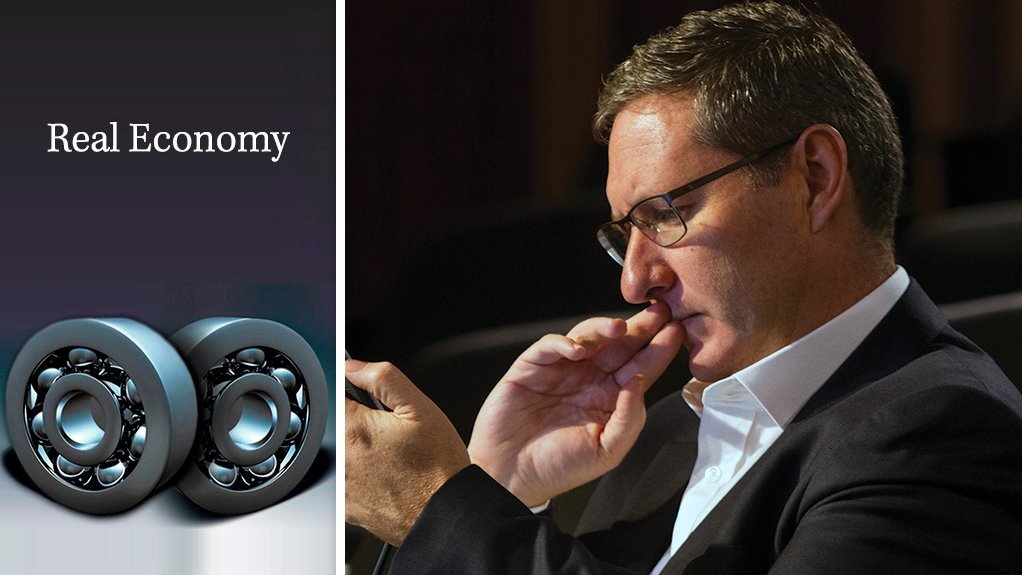Over the past couple of months, megaphone, or, more accurately, Twitter, diplomacy seems to have borne a degree of fruit.
Images of South Korean President Moon Jae-in and North Korean leader Kim Jong Un shaking hands over the concrete line dividing the two countries in the heavily fortified demilitarised zone were not only historic but also astonishing in light of the ‘fire and fury’ rhetoric that preceded the event. The inter-Korean summit even had some suggesting that US President Donald Trump’s unorthodox efforts should be recognised by the five-member Norwegian Nobel Committee.
In the more prosaic world of trade diplomacy, Trump’s ‘war-war’ rather than ‘jaw-jaw’ bombast has, likewise, seemingly yielded an unexpected return, albeit an economically ambiguous one.
Exporters to the US, including South Africa, scrambled for inclusion on a list of countries exempted from steel tariffs of 25% and aluminium duties of 10% imposed from March 23. To date, South Africa’s efforts have come to nought, notwithstanding an offer to restrict future exports to 2017 levels and despite all the evidence pointing to the fact that South African steel and aluminium exports are so minuscule that there is no way that they could be perceived as posing a threat to America’s national security.
Meanwhile, China, the main object of Trump’s trade-war threats and the subject of additional US trade restrictions, has, on the face of it, demonstrated its readiness to back way from the fight. President Xi Jinping has even hinted that China could be willing to widen access for foreign investors to its financial and manufacturing sectors, lower tariffs, expand imports and strengthen protection of intellectual property rights.
The real question, though, is whether Trump-style un-diplomacy is truly sustainable? The answer quite simply is no.
Knee-jerk and partially informed pronouncements may guarantee a reaction. They can even help galvanise people into action, as appears to have been the case on the Korean peninsula. However, resolving complex diplomatic and trade problems inevitably requires a willingness to grapple comprehensively with the underlying problems, so that acceptable compromises can be agreed.
Genuine progress, as can already be seen with the nascent inter- Korean rapprochement, can only be made through patient and considerate diplomatic effort. In the process, the trade-offs required for securing a deal can be negotiated.
It’s the difficult lesson South Africans learned in the 1990s, but which many a contemporary politician seems only too happy to forget. It’s also a far cry from a world where the only trade-off required is making one’s point without breaching the 280-character-a- tweet limit.
EMAIL THIS ARTICLE SAVE THIS ARTICLE ARTICLE ENQUIRY
To subscribe email subscriptions@creamermedia.co.za or click here
To advertise email advertising@creamermedia.co.za or click here











